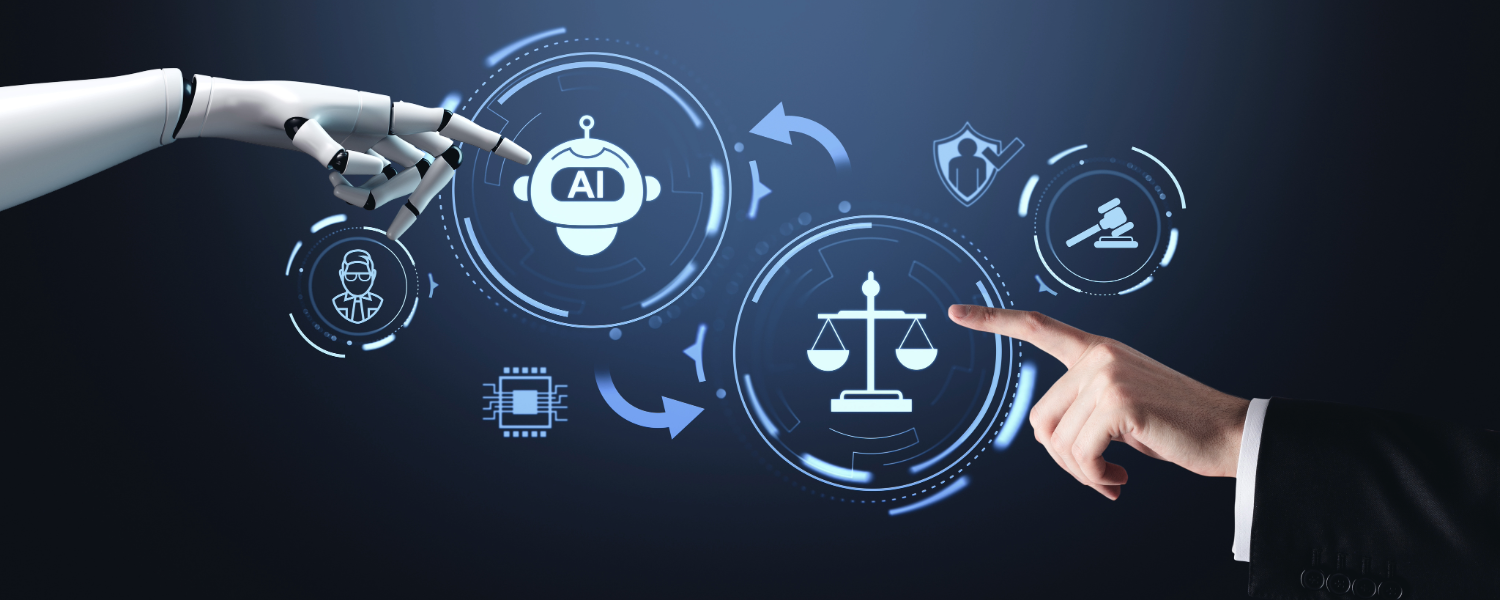Ensuring Ethical AI Use in Human Rights Work
As the integration of Artificial Intelligence (AI) continues to grow in various fields, the necessity for ethical deployment becomes especially critical in the realm of human rights work. Human Rights Defenders (HRDs) rely on technology to monitor abuses, advocate for justice, and protect vulnerable populations. However, the use of AI must be approached with caution, ensuring that ethical principles guide its implementation. This article discusses key considerations for HRDs, including avoiding algorithmic bias, maintaining data privacy, and fostering transparency and accountability in AI technologies.
Avoiding Algorithmic Bias
One of the most pressing concerns regarding AI is algorithmic bias. AI systems can inadvertently perpetuate existing societal biases if they are trained on skewed datasets or designed without a thorough understanding of the populations they serve. For HRDs, this poses significant risks; biased algorithms can lead to unfair treatment or discrimination against certain groups, undermining the very principles of justice and equality they strive to protect.
To mitigate these risks, HRDs must advocate for the development and use of AI that is inclusive and representative. This includes engaging diverse stakeholders in the design and training phases of AI systems, conducting regular audits to identify and correct biases, and employing techniques that promote fairness and equity in algorithmic decision-making. By prioritizing fairness, HRDs can ensure that AI serves as a tool for empowerment rather than oppression.
Maintaining Data Privacy
Data privacy is a crucial element in the ethical use of AI, particularly for HRDs who often work in sensitive environments. The data collected for AI analysis can include personal information from vulnerable populations, exposing them to potential harm if not handled properly. HRDs must be diligent in establishing robust data privacy protocols to protect individuals’ rights and ensure that sensitive information is not misused or disclosed.
Implementing data encryption, secure storage solutions, and strict access controls are essential practices for safeguarding privacy. Additionally, HRDs should be transparent about data collection practices, informing individuals how their data will be used and obtaining informed consent wherever possible. By prioritizing data privacy, HRDs strengthen trust and uphold the dignity of those they serve.
Ensuring Transparency and Accountability
Transparency and accountability are fundamental to maintaining the integrity of AI systems in human rights work. HRDs need to ensure that the decision-making processes of AI technologies are clear and comprehensible. This involves advocating for “explainable AI,” which focuses on creating algorithms that provide insights into how decisions are made and the factors influencing those outcomes.
Accountability also entails holding developers and organizations responsible for the consequences of AI deployment. HRDs should advocate for regulatory frameworks that prioritize ethical standards in AI development, demanding adherence to principles such as accountability, oversight, and recourse for affected individuals. By establishing clear lines of accountability, HRDs can combat potential abuses and ensure that AI technologies are used in ways that genuinely support human rights.
Engaging in Policy Advocacy
In addition to these considerations, HRDs must engage in policy advocacy to push for the ethical deployment of AI at a broader level. This includes collaborating with governments, technology companies, and civil society organizations to promote shared values around human rights and AI ethics. By fostering dialogue and advocating for policies that prioritize human rights in technology deployment, HRDs can contribute to a more ethical and just AI landscape.
Conclusion
The deployment of AI in human rights work holds great potential for enhancing advocacy, monitoring, and protection efforts. However, it is imperative that HRDs approach AI adoption with a strong ethical framework. By focusing on avoiding algorithmic bias, maintaining data privacy, and ensuring transparency and accountability, HRDs can safeguard the integrity of their work and ensure that AI serves as a force for good. In doing so, they can harness the capabilities of AI to further the cause of human rights and protect the most vulnerable members of society. As the intersection of technology and human rights continues to evolve, ethical considerations must remain at the forefront of AI deployment strategies.



